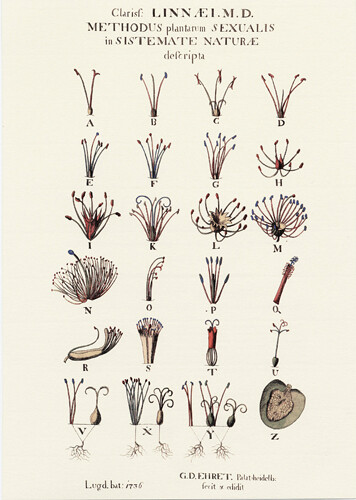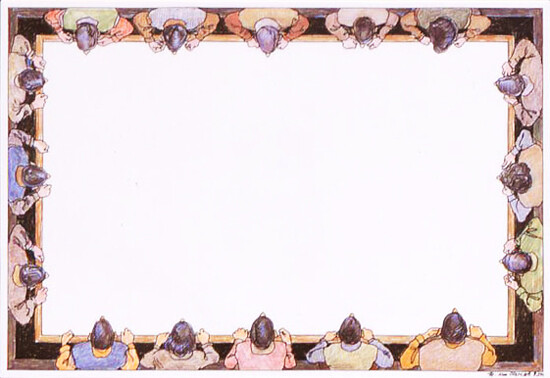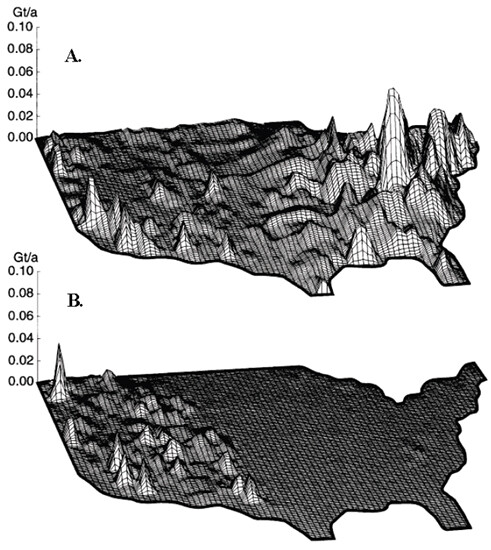Since the early 1990s Adam Curtis has made a number of serial documentaries and films for the BBC using a playful mix of journalistic reportage and a wide range of avant-garde filmmaking techniques. The films are linked through their interest in using and reassembling the fragments of the past—recorded on film and video―to try and make sense of the chaotic events of the present. I first met Adam Curtis at the Manchester International Festival thanks to Alex Poots, and while Curtis himself…
Issue #32
February 2012
With:
Aaron Schuster, Julieta Aranda, Brian Kuan Wood, Anton Vidokle, Hans Ulrich Obrist, Alenka Zupančič, Slavoj Žižek, Hito Steyerl, and Gean Moreno
The films of Adam Curtis—a BBC journalist by vocation, but a filmmaker and information archeologist in practice—appear as conspiracy theories wrapped in historical facts wrapped in social desires. These films remind us that dominant historical narratives are not only subject to rewriting but also sites of intense confusion, ideology, and intrigue. By fusing together narrative and reportage, Curtis’s films enter an ecstatic and playful sphere where themes of power, coercion, technology,…
View List
View Grid
6 Essays
February 2012
To even suggest discussing sexual difference as an ontological question might induce—not without justification—strong reluctance from both the sides of philosophy (the traditional guardian of ontological questions) and gender studies. These two “sides,” if we can call them so, share at least one reason for this reluctance, related in some way to the fact that the discussion would attempt nothing new. Traditional ontologies and traditional cosmologies were strongly reliant on sexual…
Heidegger’s Critique of Hegel
One of the standard critiques of Hegel, first formulated already by the “young Hegelians,” concerns the apparent contradiction between Hegel’s dialectical method and his system. While Hegel’s method approaches reality in its dynamic development, discerning in every determinate form the seeds of its own destruction and self-overcoming, his system endeavors to render the totality of being as an achieved order in which no further development is in view. With…
Dense clusters of radio waves leave our planet every second. Our letters and snapshots, intimate and official communications, TV broadcasts and text messages drift away from earth in rings, a tectonic architecture of the desires and fears of our times. 1 In a few hundred thousand years, extraterrestrial forms of intelligence may incredulously sift through our wireless communications. But imagine the perplexity of those creatures when they actually look at the material. Because a huge…
→ Continued from “Notes on the Inorganic, Part I: Accelerations”
Three pages from the end of his Post-Cinematic Affect , a book that treats recent audiovisual productions as mappings of the spaces and affective modulations of neoliberal capitalism, Steven Shaviro finally names what he has been making a case for throughout the book: “accelerationist aesthetics.” 1 Coined by Benjamin Noys, “accelerationism” is the name that has been given to a political tactics that comes down from…





